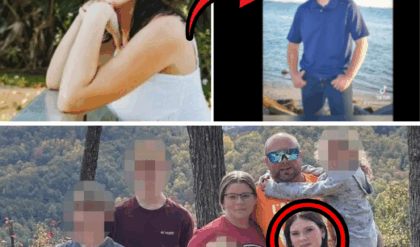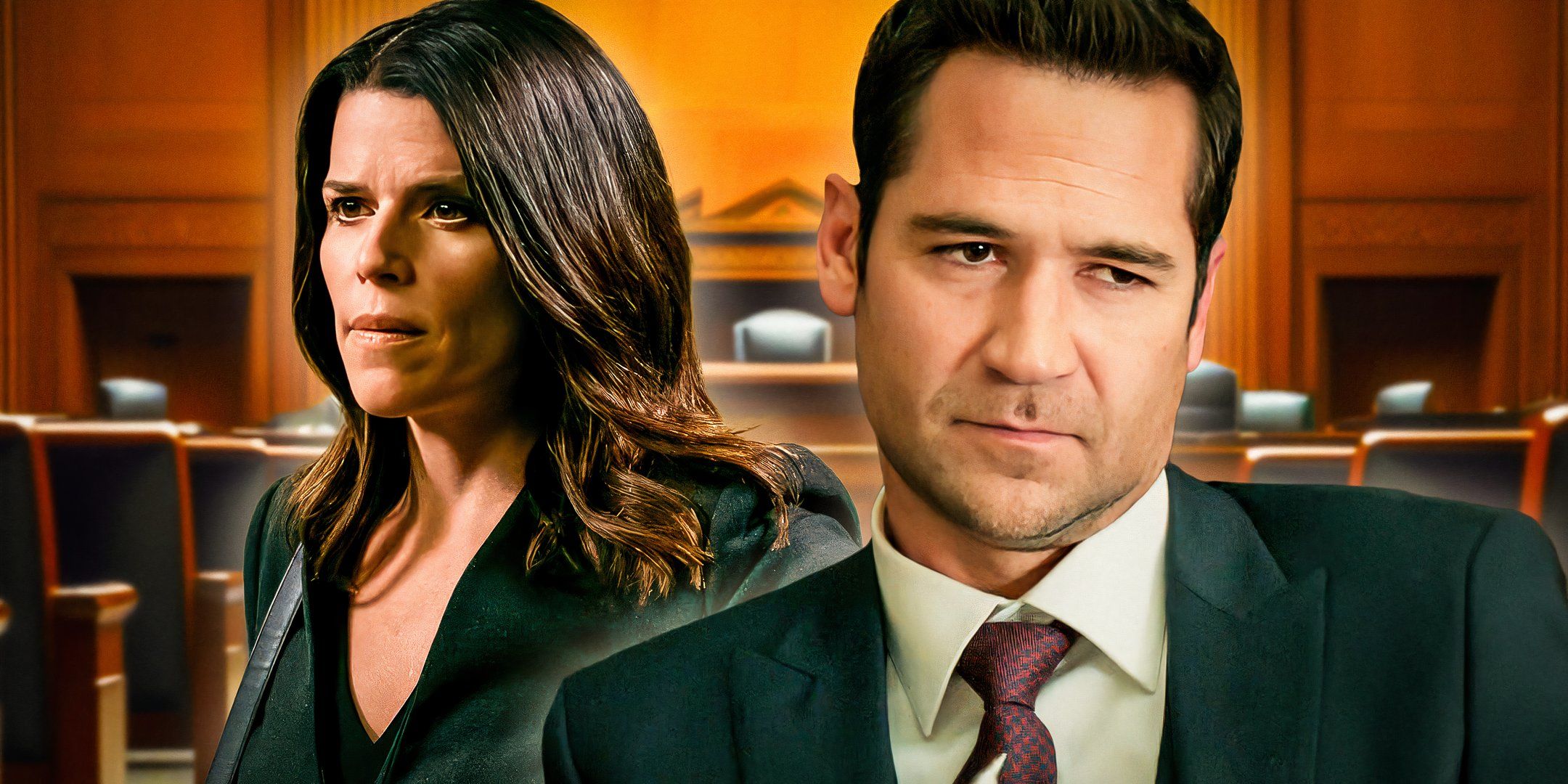
Warning: This article contains SPOILERS for The Lincoln Lawyer season 3.
Despite how TV shows and movies present it, the law and court cases can be very slow, dull, and pedantic. However, The Lincoln Lawyer finds a way to balance actual elements of the legal profession with exciting storytelling. From Andy’s Cruz Waiver to trials in absentia, the writers put careful attention into representing the judicial system correctly.
7First-Degree Murder With Special Circumstances Holds A Different Bail Than Other Types Of Murder
Lisa Trammel Was Eligible For Bail, But Julian La Cosse Wasn’t
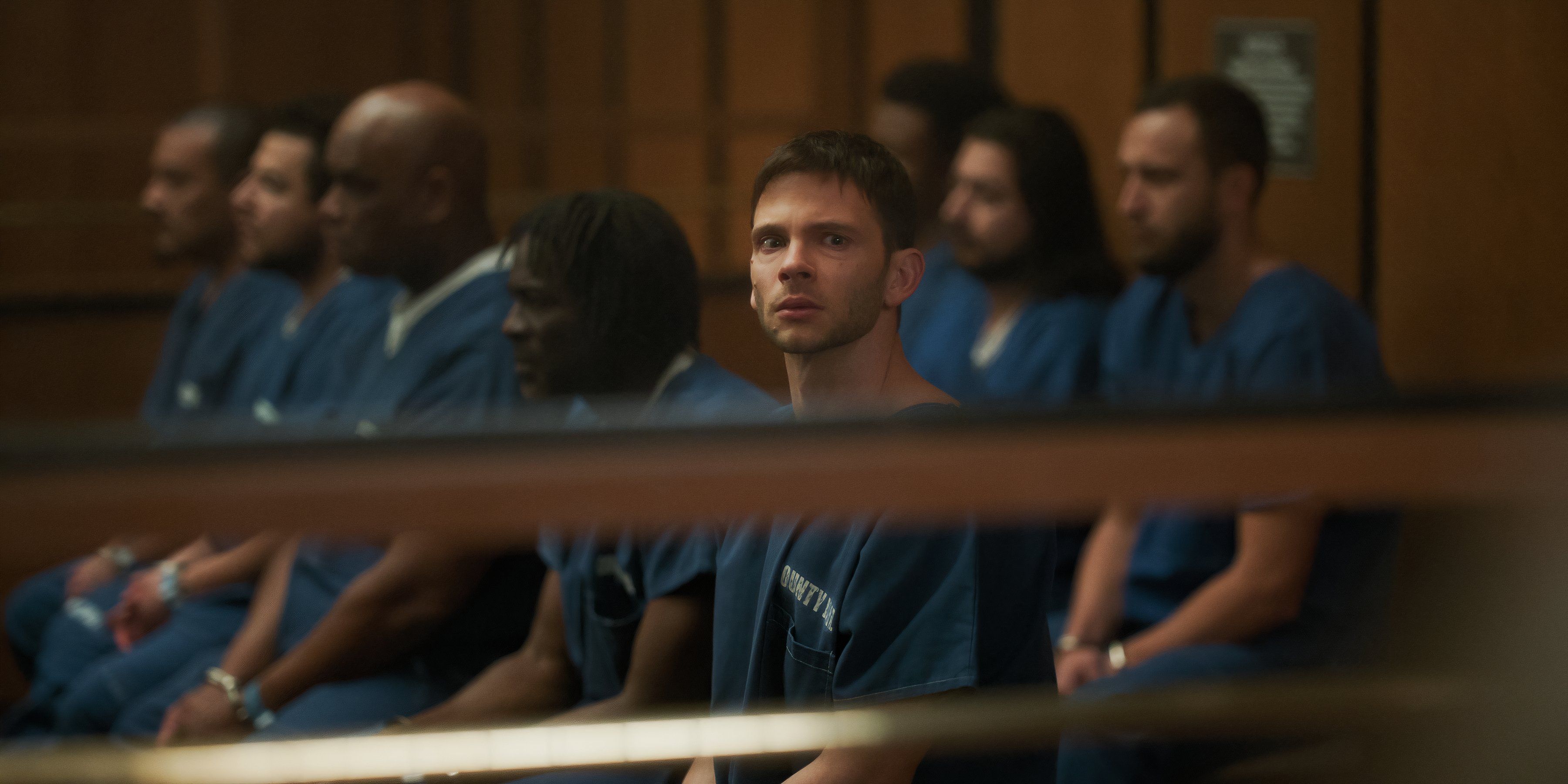
As shown in The Lincoln Lawyer season 3, in LA County, a defendant charged with first-degree murder becomes ineligible for bail when a special circumstance is tacked onto the charge. According to the county’s 2024 Felony Bail Schedule, all other murders have a bail amount of $2 million, which can be argued higher or lower depending on the circumstances. However, it’s important to note that bail amounts differ between counties and states.
6The Prosecution Must Turn Over Evidence To The Defense
Mickey Haller Complains That The Prosecution Didn’t Turn Over Evidence
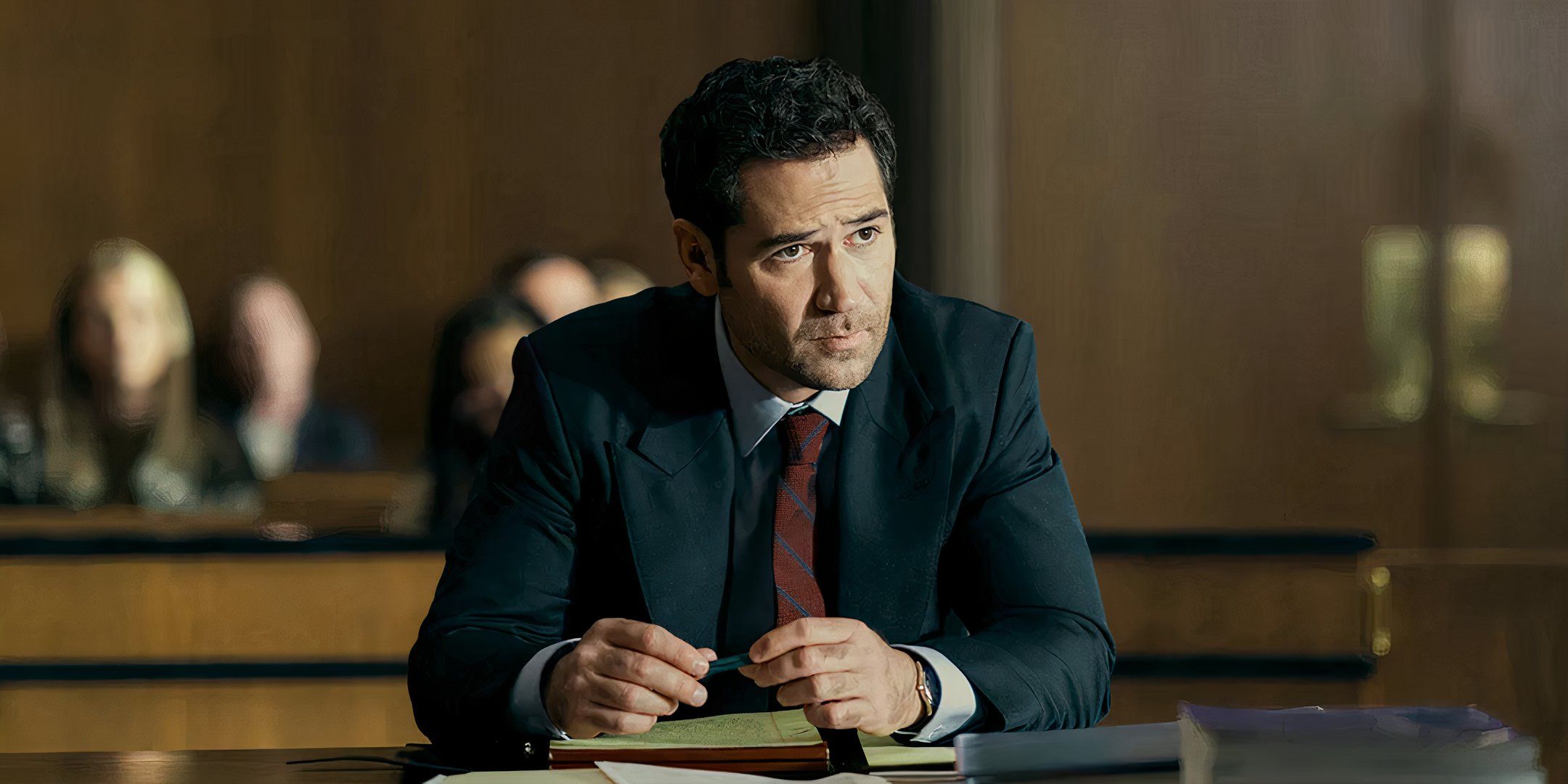
Except for theories and strategies – called “work product” – the prosecution is required by law to turn over all evidence to the defense with enough time for them to review it and incorporate it into their defense, ensuring a fair trial. In contrast, reciprocal discovery rules vary across different jurisdictions. In California, the defense is required to provide the prosecution with the following (via NOLO):
Witness lists and contact information
Witness statements
Expert reports
Any tangible evidence they plan to present at trial
5Judges’ Biases Can Influence Their Court Cases
Mickey’s Team Uses Judges’ Biases To Achieve The Outcome That They Want
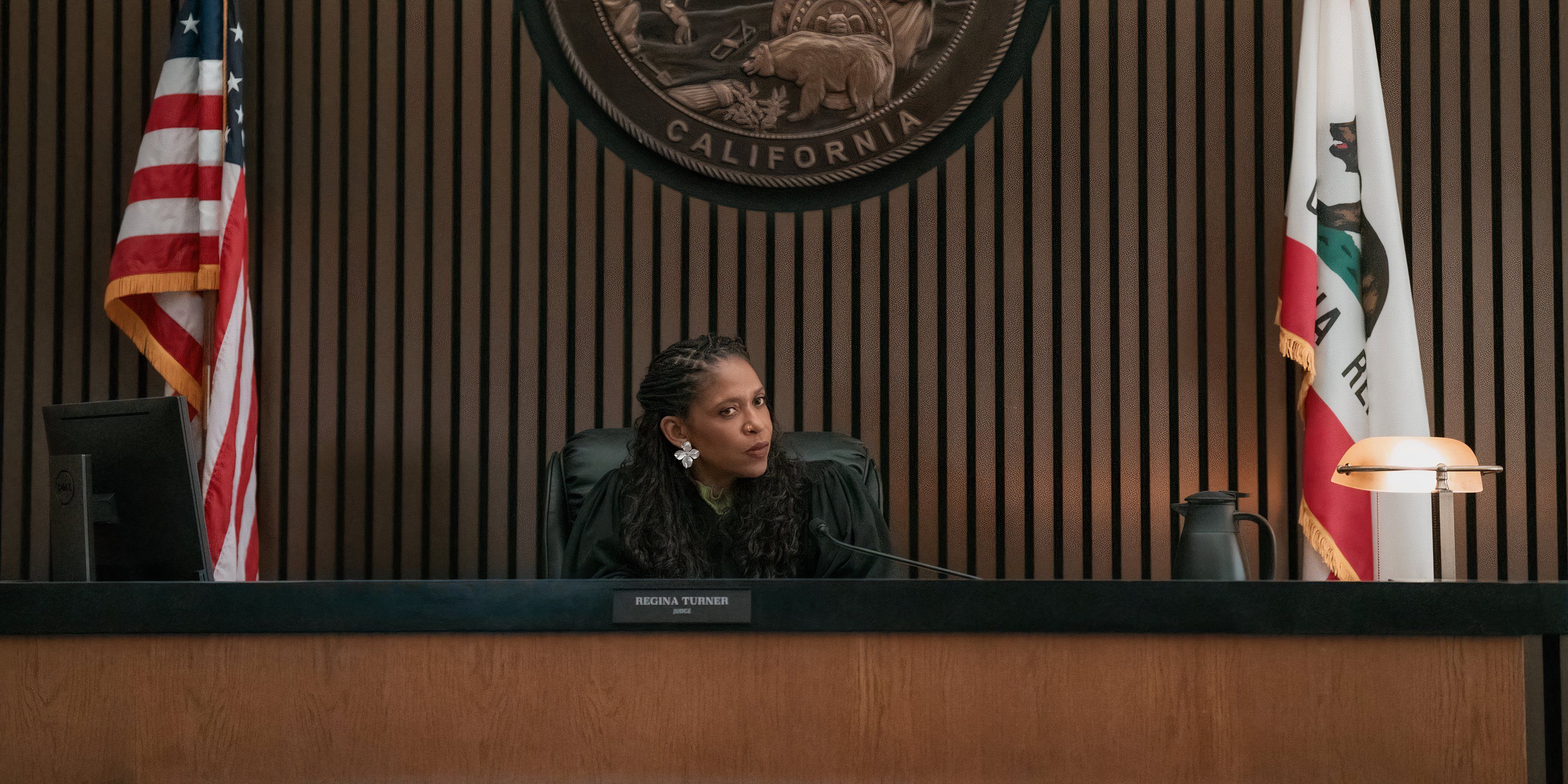
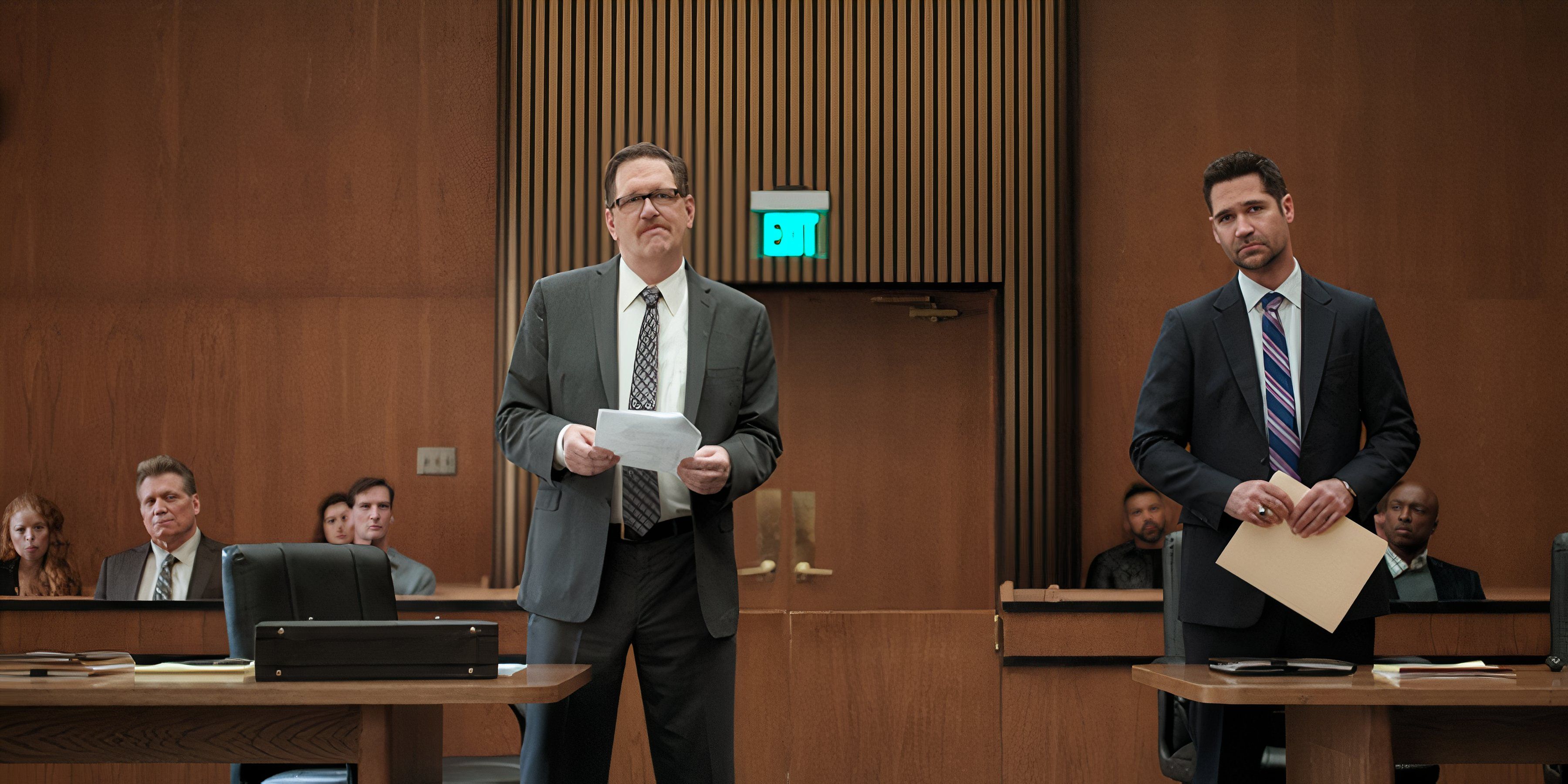
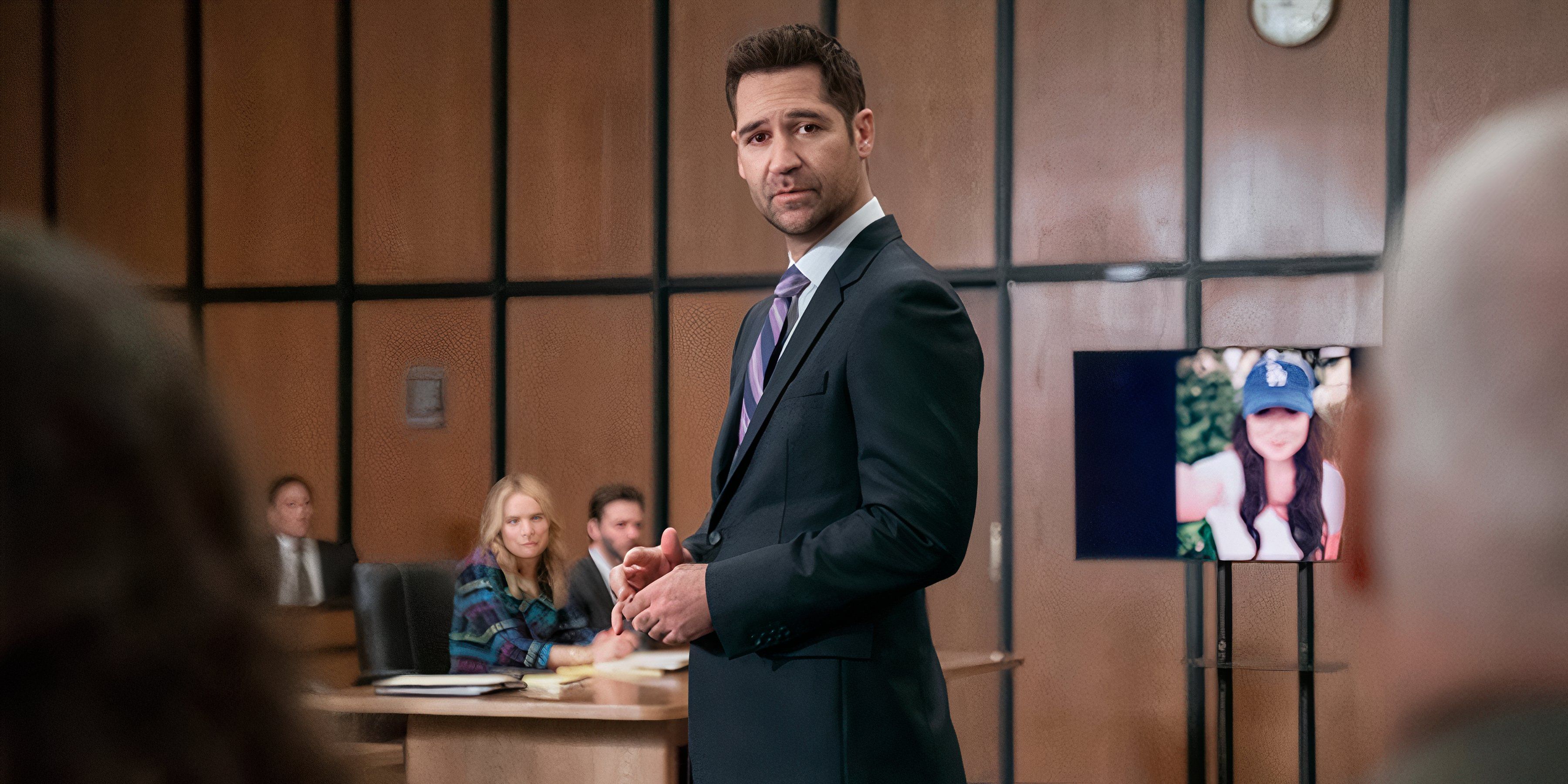
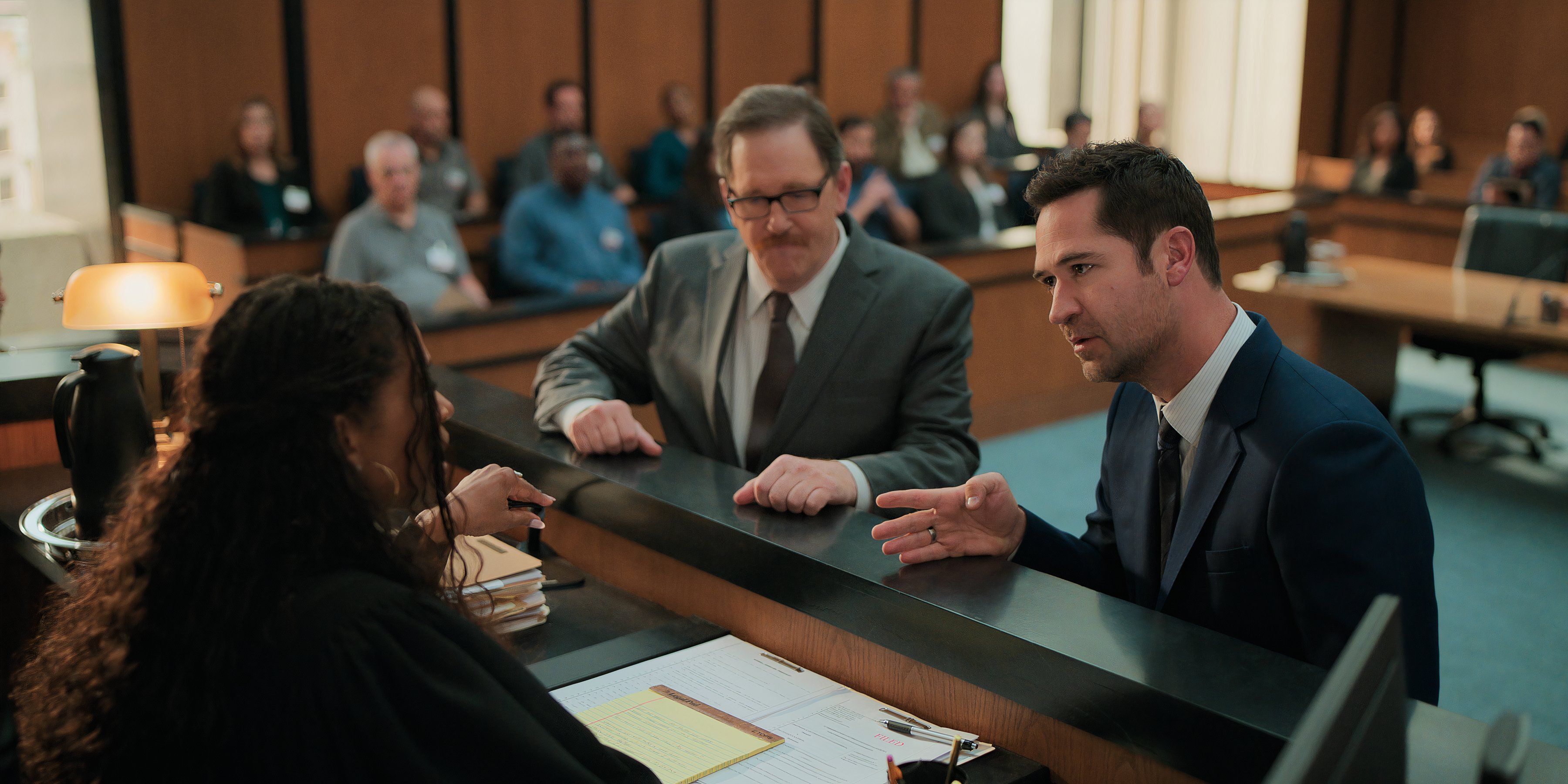
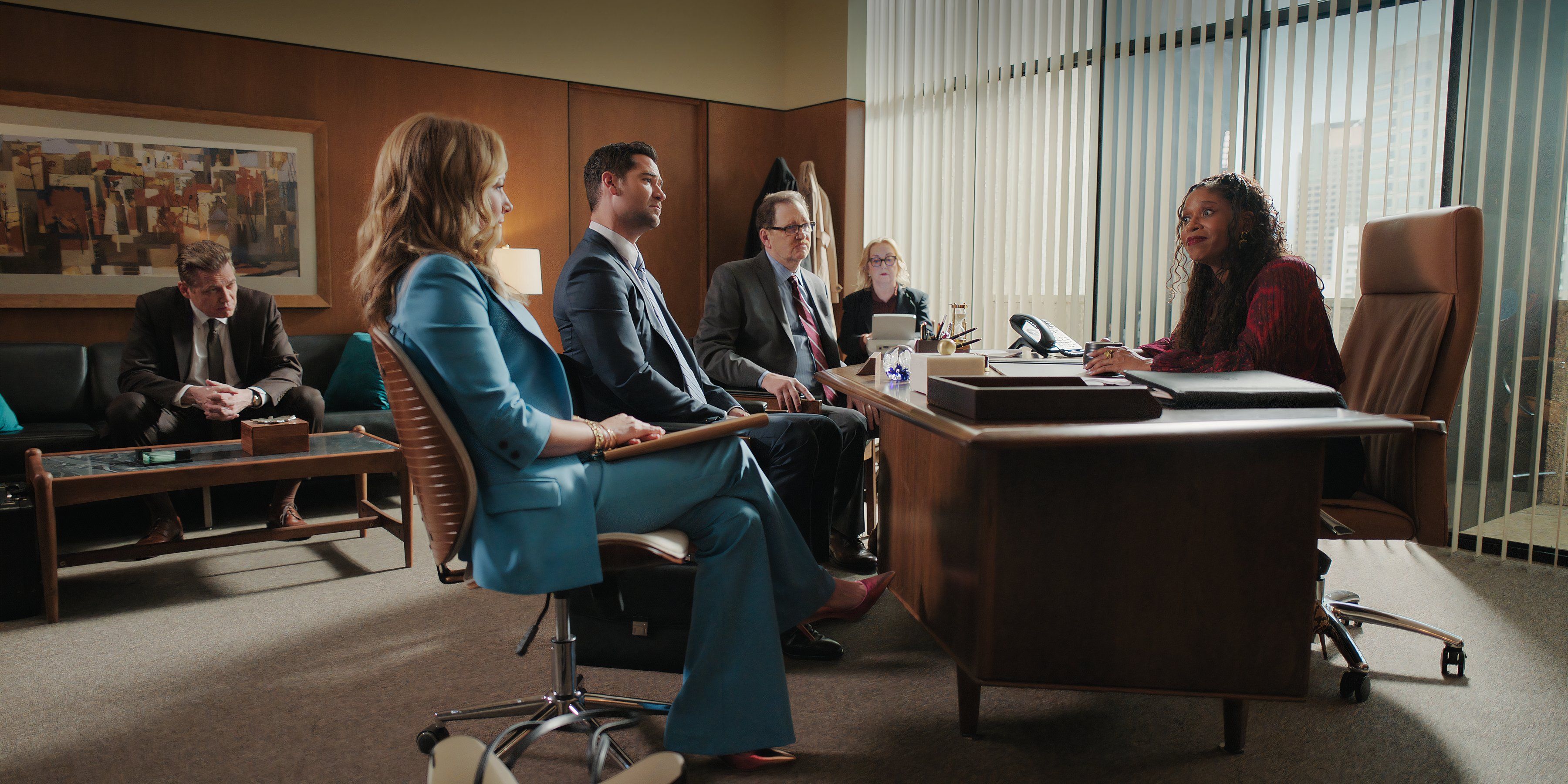





The fact is that judges are human beings with the same implicit and explicit biases as everyone else. A good judge will try to confront their biases to make themselves as neutral as possible. California also provides mandatory bias training, which might help decrease bias in the courtroom. Unfortunately, judges may believe that they are better at putting aside biases than they actually are, as overconfidence is a flaw of the human condition. Ultimately, people aren’t machines, so there’s no way to guarantee impartiality.
4Court Cases Move Extremely Slowly, Especially For Felony Charges Like Murder
Julian Stays In Jail For Nine Months Between His Arraignment And Trial

After the arraignment, Mickey reveals to Julian that the waiting time until the trial will be around eight months. The Lincoln Lawyer season 3 timeline confirms that the case took nine months to go to trial. The idea that trials occur quickly is one of the biggest misconceptions caused by legal dramas, and The Lincoln Lawyer is correct in that murder trials across the United States can take months to years from the arraignment to start.
The prosecution then has 15 days to submit information. The trial then must start in the 60 days after a defendant is arraigned on information unless they waive their right to a speedy trial. All things considered, the shortest period of time that Julian would have had to stay in jail is around three months, but it seems likely that Mickey got him to waive his right to a speedy trial to ensure thorough preparation for the murder trial.
3A Case Could (Theoretically) Get A Mistrial Because Of A Violent Outburst
Mickey Plans For His Client To Attack Him To Get A Mistrial
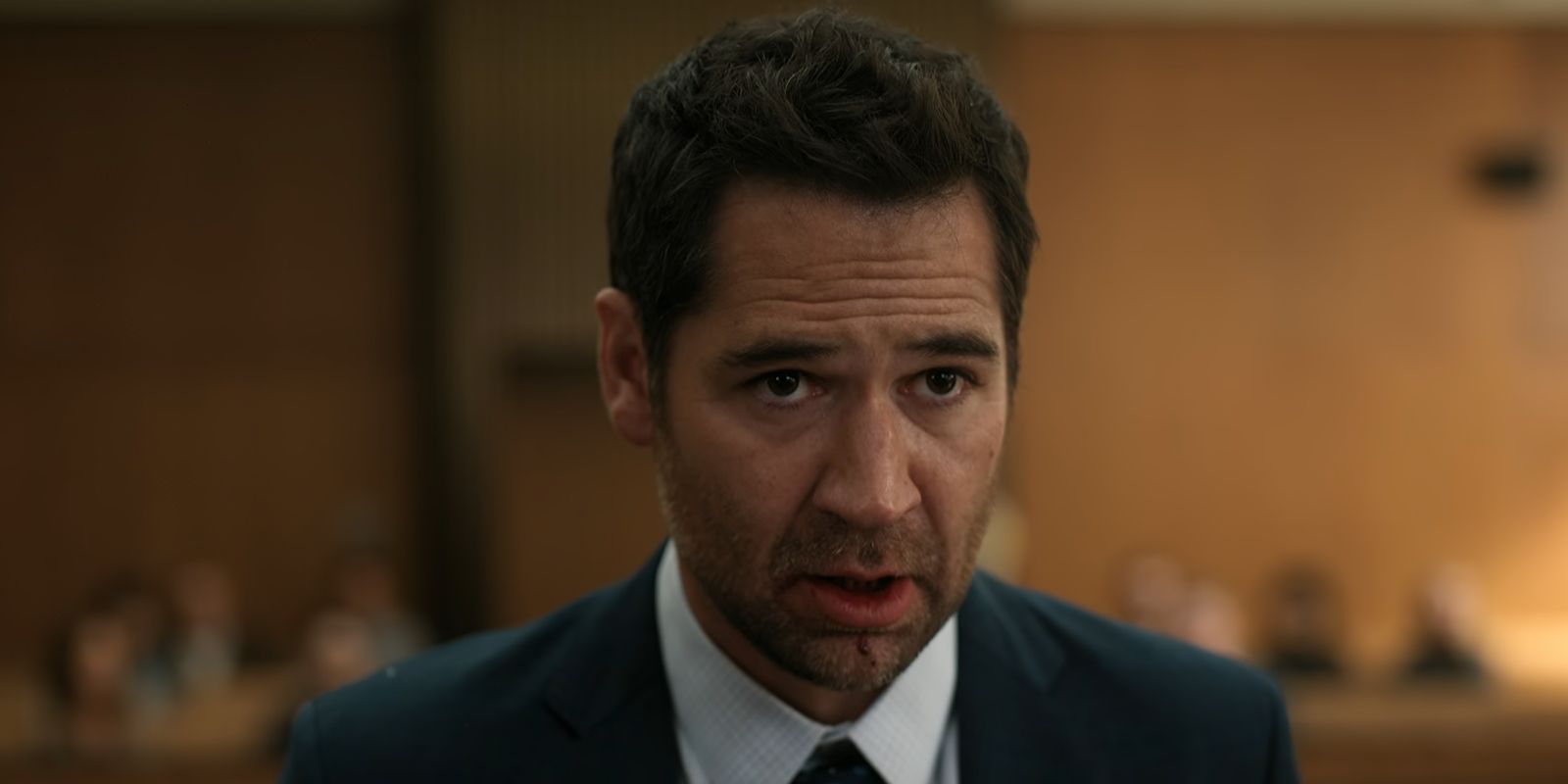
Misconduct in a courtroom can result in a defendant being removed rather than a mistrial. Additionally, judges can continue a trial in which prejudicial statements or actions occur by providing curative instructions. However, the court case United States v. Mannie held that repeated misconduct or violent outbursts prejudice the jury in an irreparable way, preventing a fair trial.
Based on this precedent, it’s highly likely that a judge would grant a mistrial for a physically violent outburst that scared the jurors and resulted in blood, as they wouldn’t be able to repair the prejudice. After all, continuing with an irreparably prejudiced jury can result in a conviction being overturned down the line. Ultimately, the decision comes down to the judge, though.
2The Judge Has The Final Say When It Comes To Witnesses And Evidence
Judge Regina Turner Screens All Evidence And Witnesses Before Approving Them

These are examples of what happens in a real court case. The judge screens everything that goes into the courtroom, deciding what’s allowed and not allowed. They have the final say when it comes to admissibility. If they believe a piece of evidence could confuse or mislead the jury, they have every right to exclude it from the trial. Sometimes, like in the case of De Marco’s testimony, they will do what’s called “blanking.” This involves limiting evidence to themselves and the attorneys until they can decide whether it’s admissible.
1Lawyers Usually Juggle Multiple Cases At Once
Lorna And Mickey Have A Variety Of Cases That They Manage At The Same Time
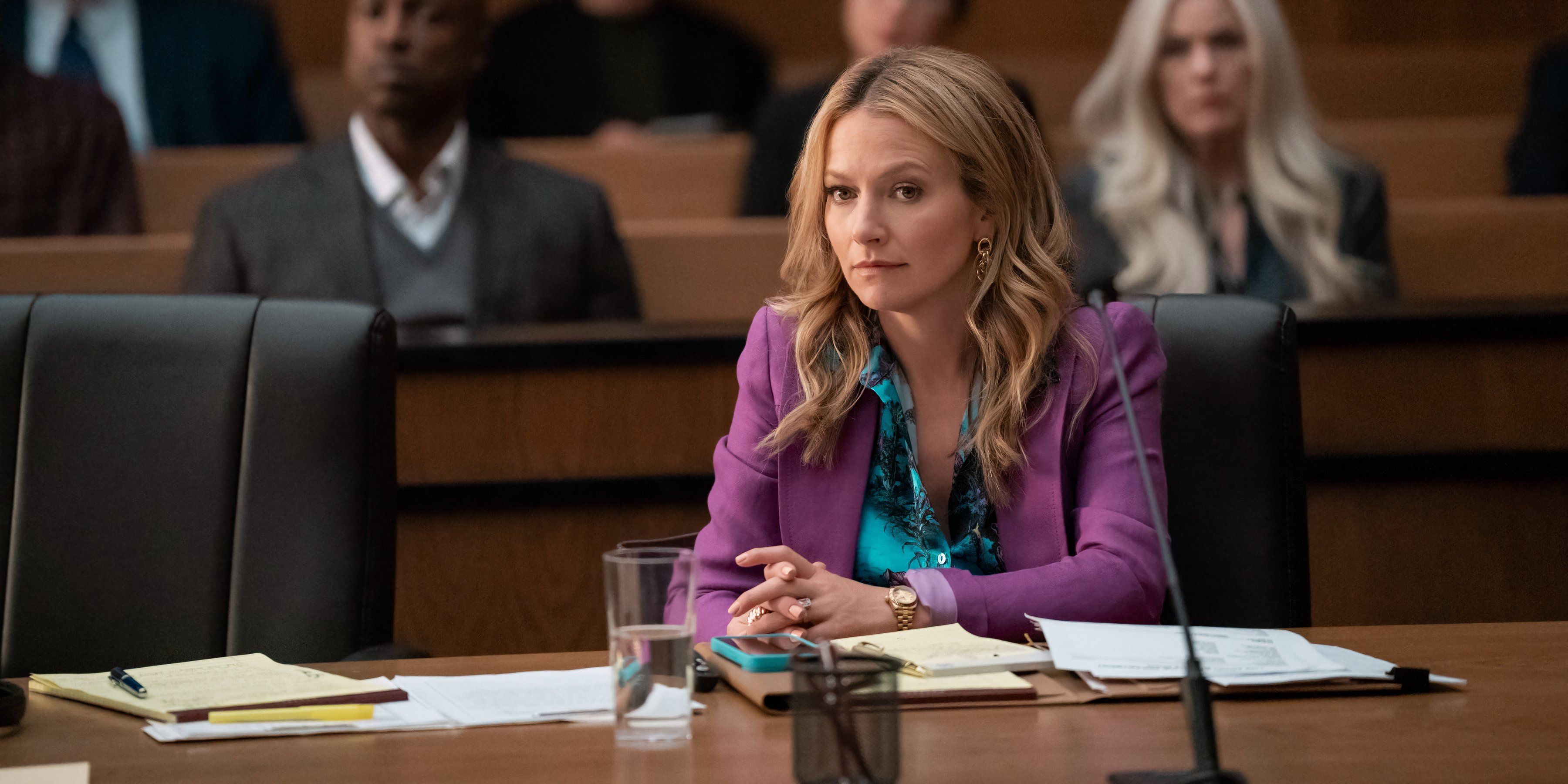
Though most legal dramas focus on a single case at a time, The Lincoln Lawyer diverges from this norm by showing Mickey and Lorna taking on multiple cases at a time rather than putting all their attention into a single case. This allows the show to be both a serialized format and a case-of-the-week format, keeping things fresh and interesting while maintaining overarching narrative integrity. In fact, one of the best episodes of The Lincoln Lawyer season 3 shows Lorna’s first day as a fully-fledged lawyer. She’s bouncing from one case to another, trying to be everywhere she needs at once.


